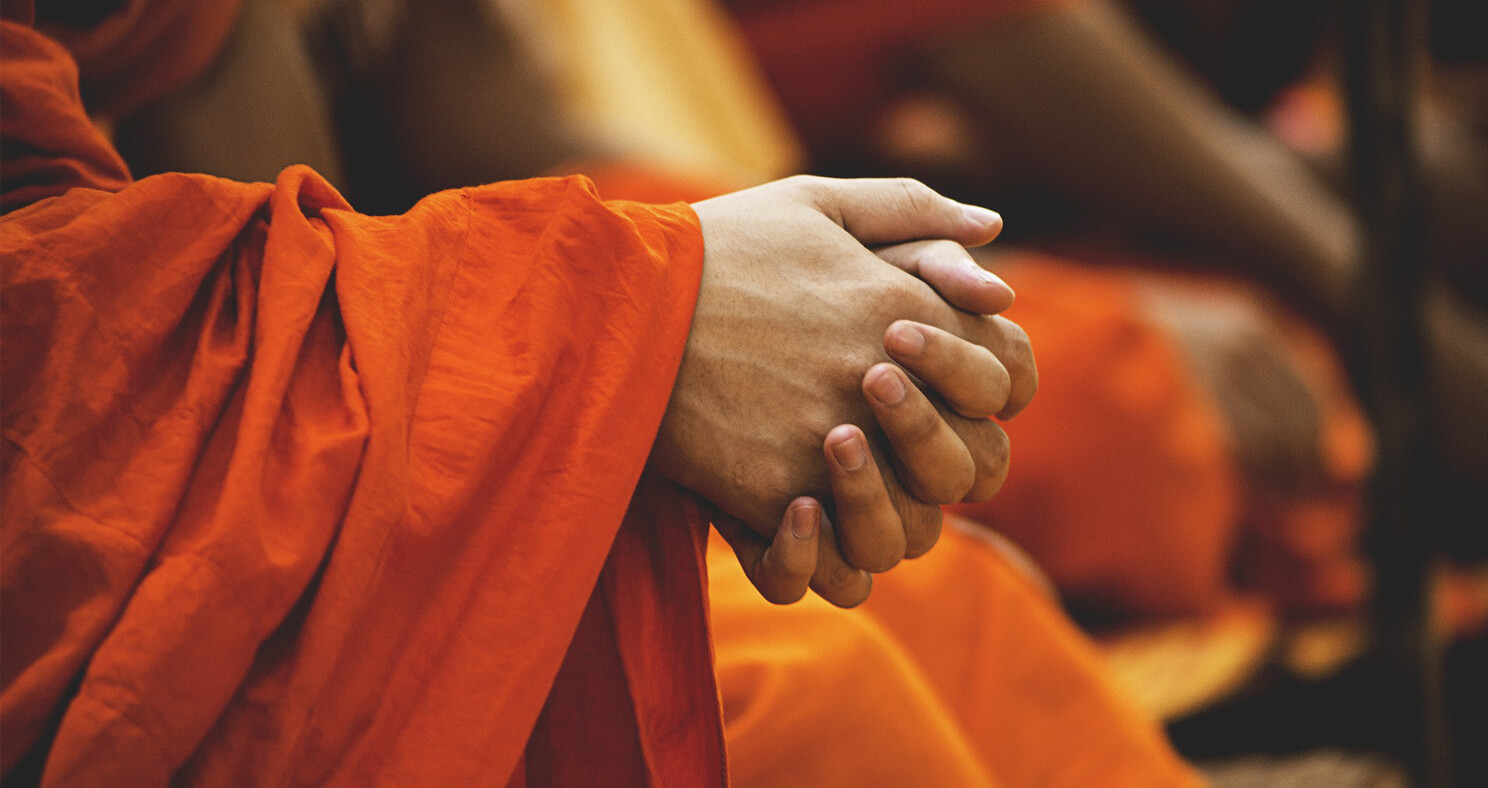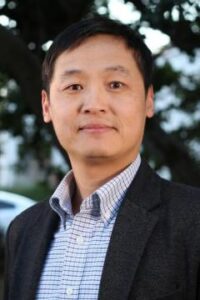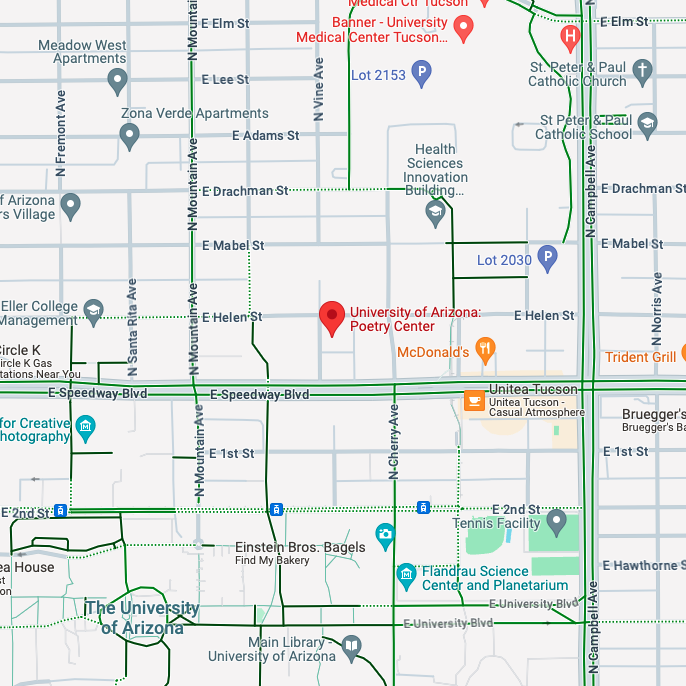Sorry! This course has sold out. Click here to join the course waitlist
How did Buddhism change world civilization? This is a puzzling question for many people interested in philosophy, spirituality, and practice. As a major religious tradition, Buddhism deserves our attention because of its increasingly strong presence in the West and its power to shape our culture. This course is designed to introduce you to Buddhist core beliefs, meditative practice, history, major sects, and its encounter with different cultures, including the West. Moving chronologically and geographically, we will survey the various kinds of Buddhism across Asia and the West. From this class you will gain a deeper understanding of what enlightenment and civilization mean historically and spiritually.
Registration Opens Online: Monday, November 25, 2019 at 8AM (AZ Time)






